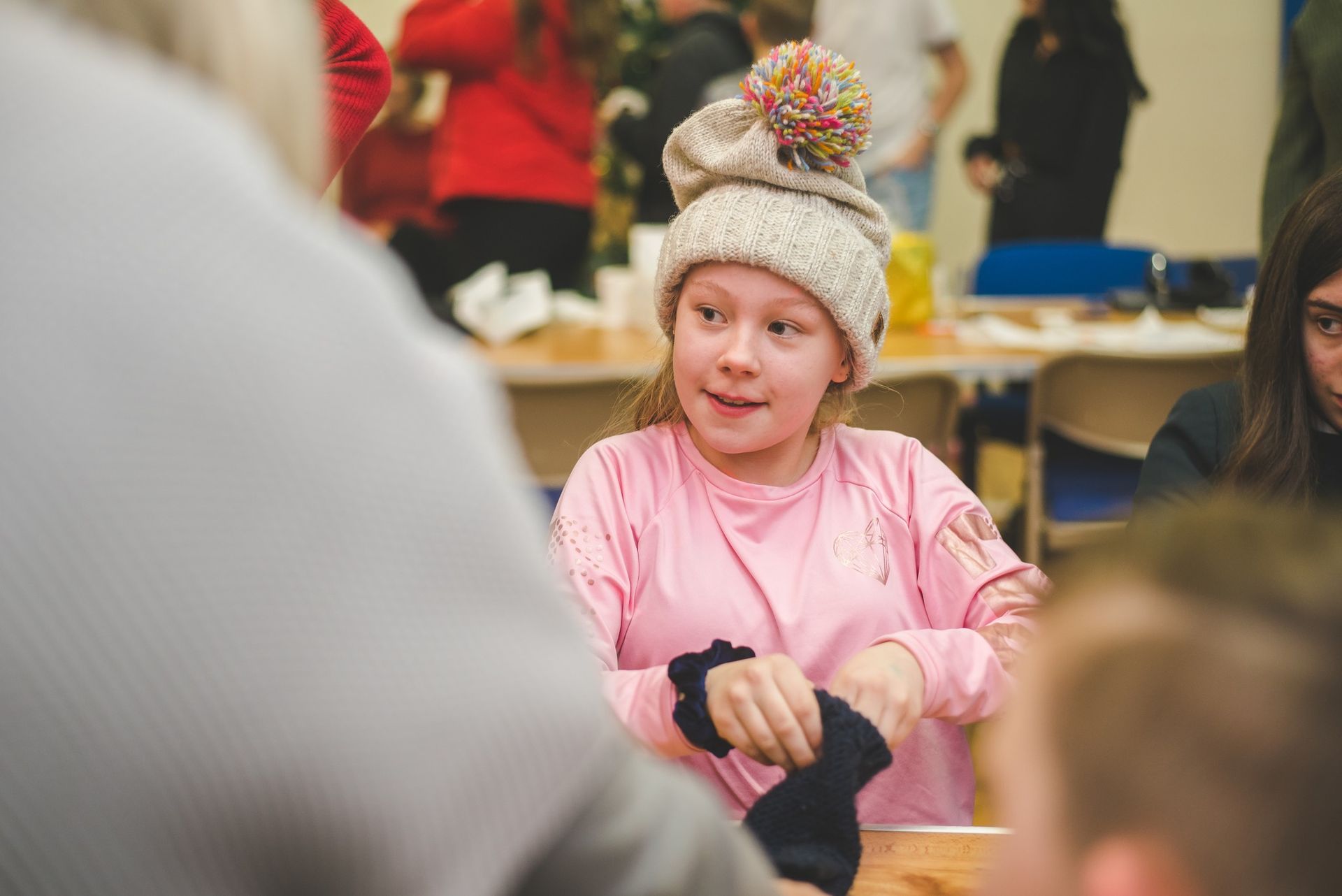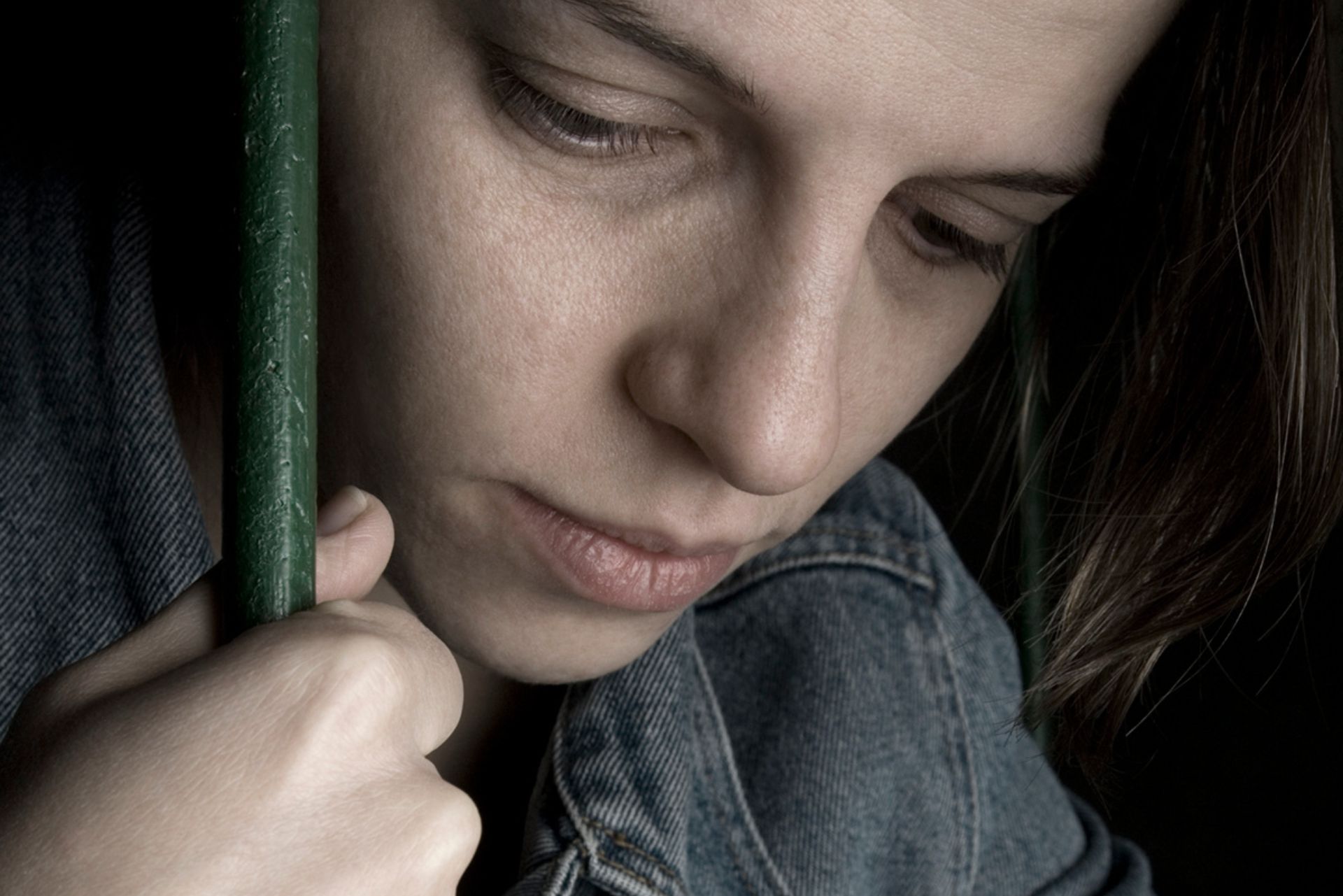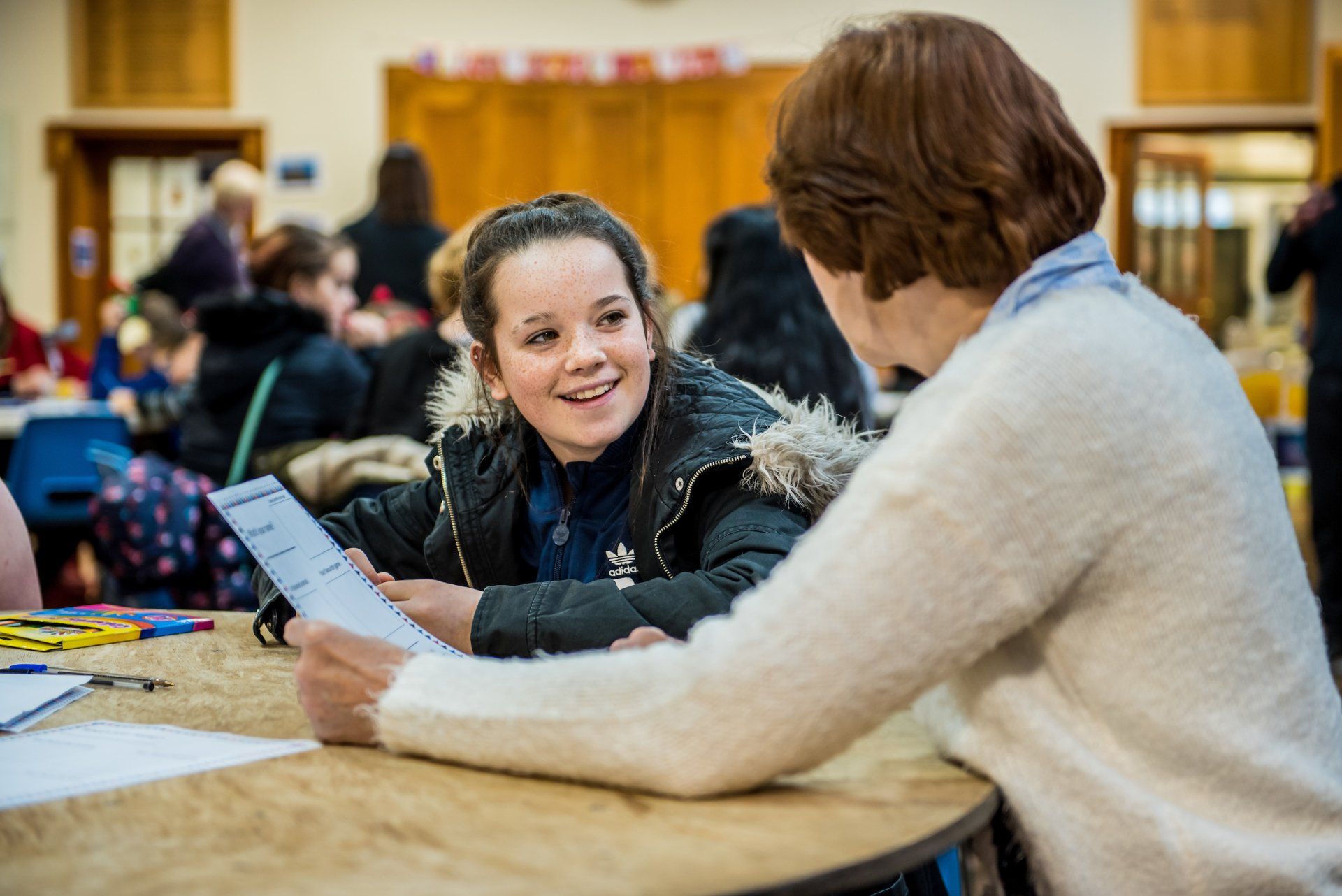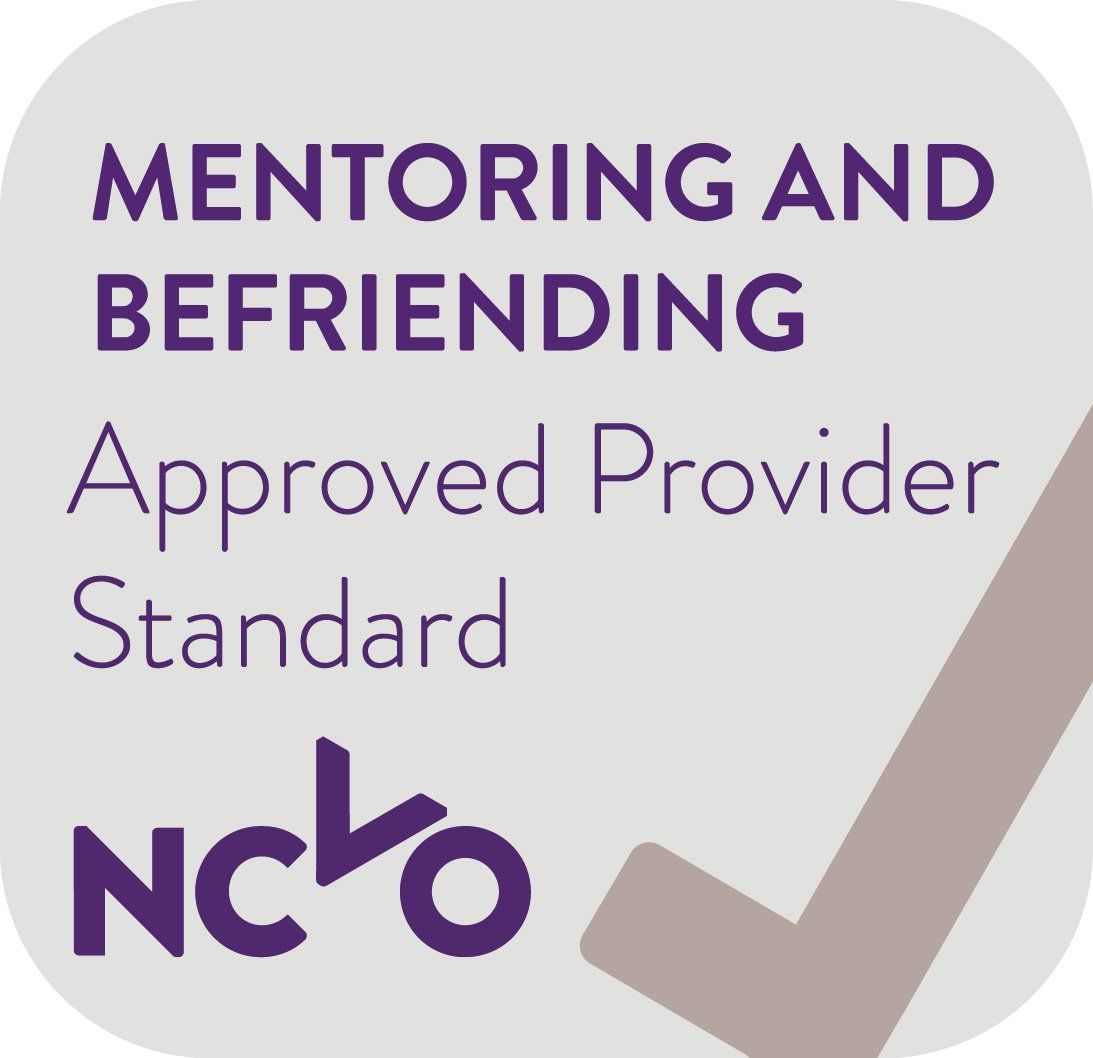Building Resilience in Children and Teenagers
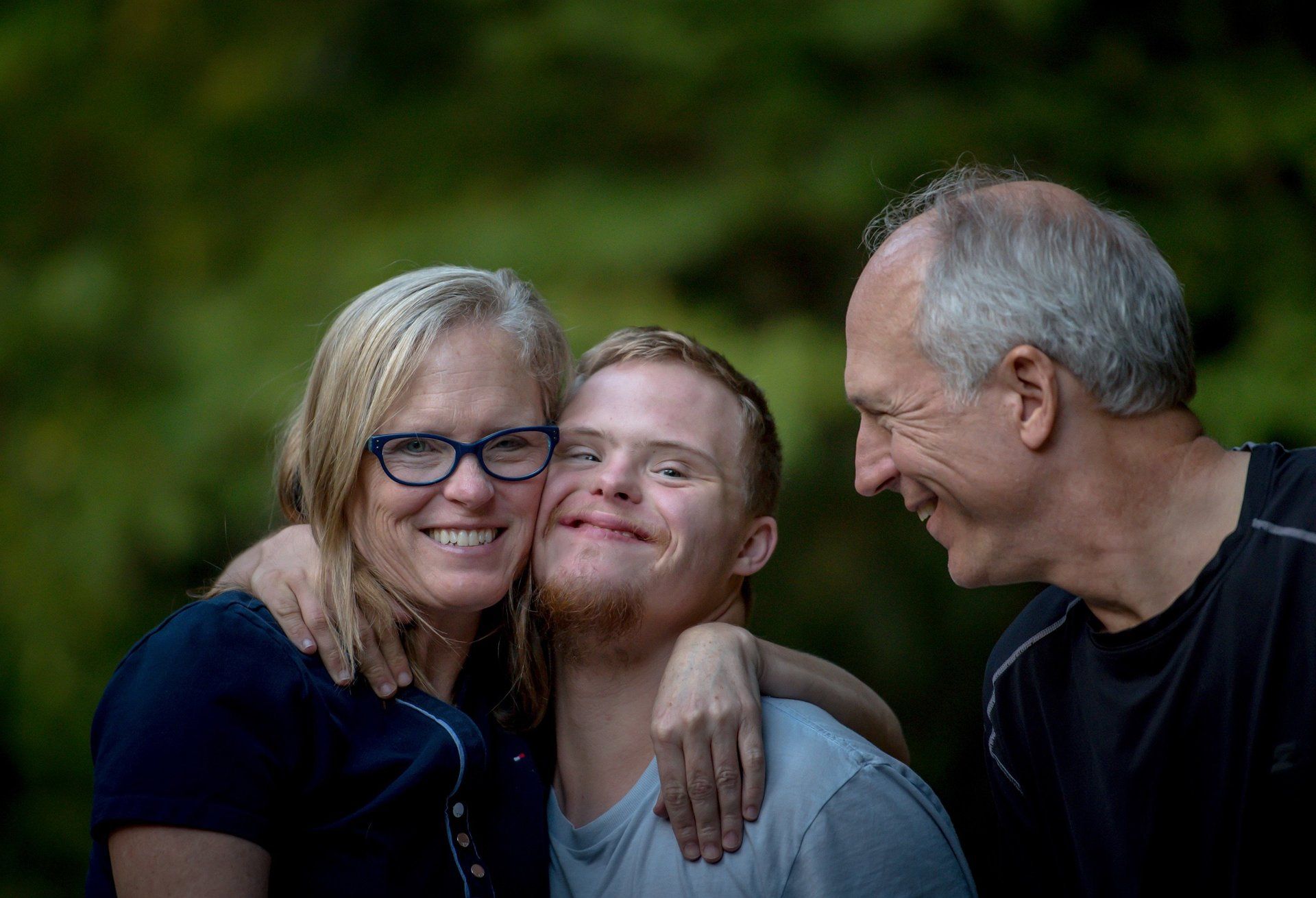
resilience
NOUN
1. the capacity to recover quickly from difficulties; toughness.
Resilience is within us; it is the ability to adapt and grow following stressful or traumatic events and situations. Being able to get back up and try again is at the heart of resilience. When young people are resilient, they are going to be more confident, curious, and adaptable to the world around them.
But what happens when you are a young person and resilience is tough. Life as a young person can throw so many challenges your way, so, how can we help our young people build that resilience to ensure they emerge stronger and more confident to deal with the challenges that life brings.
There are lots of ways you can help a child or teenager build their resilience:
· Positive Relationships – Help children build positive relationships with friends and family. Encourage them to build these relationships with people who love them for who they are. Ensure that they have these relationships both online and offline, to help build happiness and promote kindness.
· Make Space - Sometimes the best thing to do is to allow them to take some timeout (in a safe place) and let them just work through it or calm down. Stay somewhere close, let them know where you are and check in on them until they are ready to talk to you if that is what they want.
· Listen - Listen to them. Remember that what is important to them or stressful to them, may not seem it to you, but that feeling is real for them and must be acknowledged. Do not immediately try to offer a solution or fob off ‘nothing to worry about'. Talk through their feelings and use some of the others points to help them work through them, till they can move on.
· Letting Go – Show children how damaging it can be to hold a grudge. If they continue to focus on a situation where someone has annoyed them then they will just stay angry and not be able to move forward. Try to encourage them to put the event behind them and practice focusing on the positives to help them move forward.
· Be a Role Model - Remember that children and young people look up to you as a leader / teacher / parent / peer and so how you handle tough or stressful situations will show them how to manage similar situations and build their resilience.
· Build Strength – Help them remember a time when they faced an equally tough situation or challenge and how they managed to have the strength to get through that. Remind them how strong they were to get through that challenge and that they are strong enough to face this challenge too.
· Embrace Change – There are so many changes through a young person's life; from moving through school years, Nursery to Primary, Primary to Secondary and then possibly College or University; to moving home, parents separating and new relationships, to name a few. Change can seem like a tough thing to embrace, especially if you have already had an unpleasant experience. Show children that change is good, that life is constantly changing and that it is better to be ahead of the game and approach with positivity.
· The Bigger Picture – Encourage them to take time out and look at their challenge in context. Share any relevant experiences with them that you have, so they can see you understand what they are going through. Let them know that everything has a reason, even when it feels impossible to see or understand, that sometimes we need to go through these things to come out the other end stronger.
· Respect and Self-Esteem - Children will only learn to respect and value themselves if those around them value and respect them first. Give lots of positive encouragement and praise. Encourage them to get to know who they are, what values they hold and to take time out to work on themselves. This will give them some vital tools to help take on challenges and really boost their self-esteem.
Further Support
If you feel that your child needs further support; or you would be interested in helping us further as a volunteer, then please do get in touch The Island - Contact us today
If you would like to read more articles like this then please go to The Island York - The place to find out all the latest news and events
Follow us on social media
Why not follow us on our social media channels - Facebook, Twitter, Instagram, LinkedIn and TikTok to keep up to date with our charity work in York - providing Islands of space and time for vulnerable children and young people; by building confidence, self-esteem and unlocking potential through positive mentoring relationships and unique programmes.





